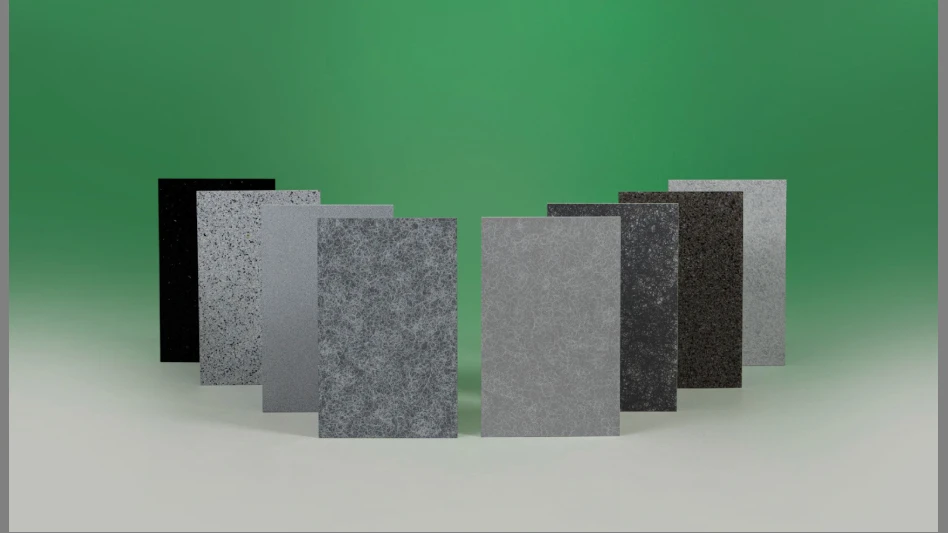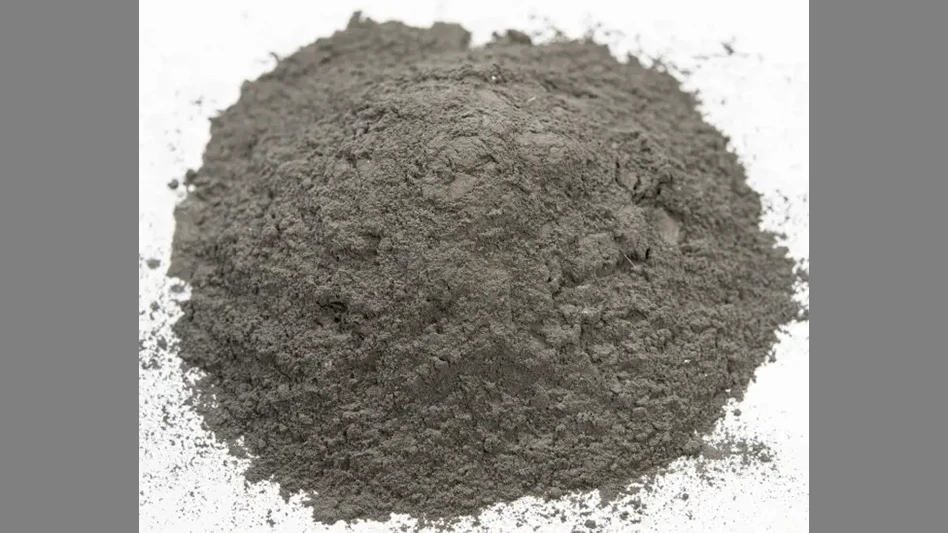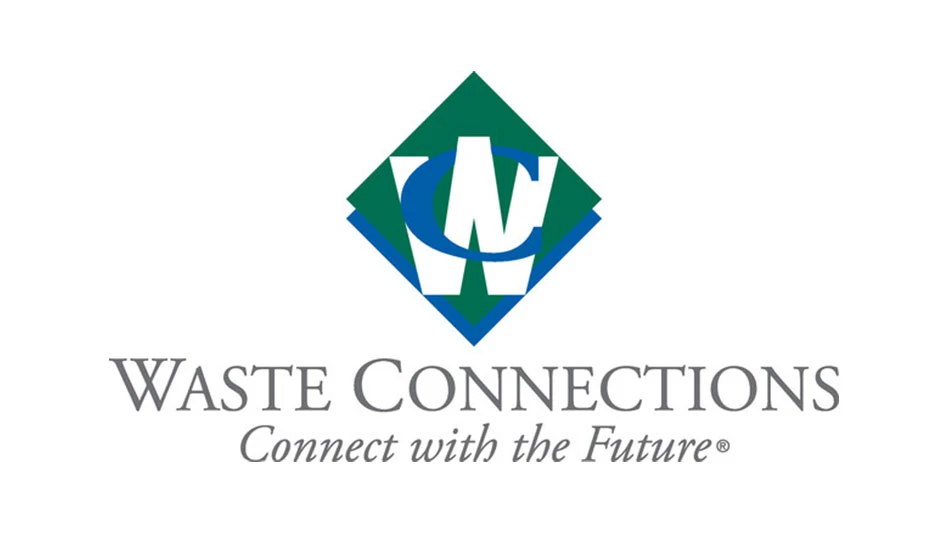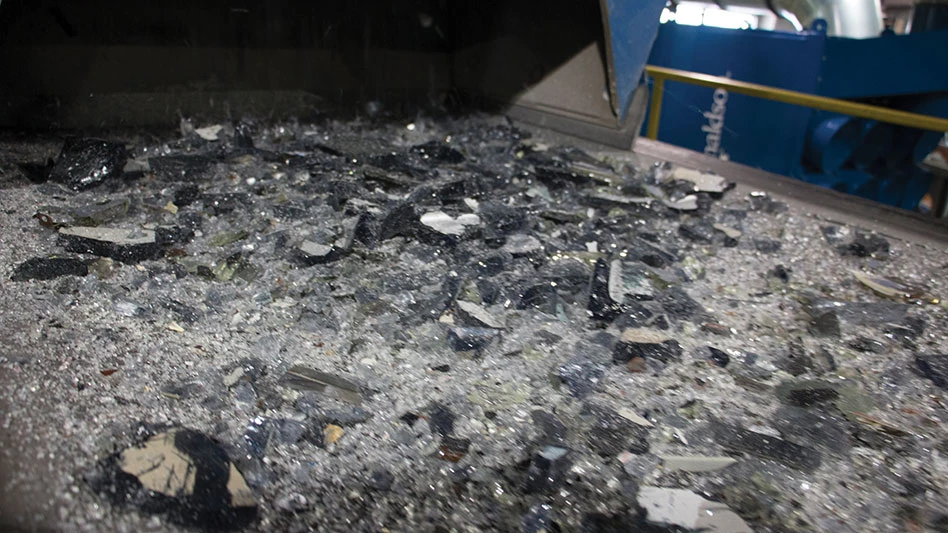
San Diego residents living in single-family homes will soon be able to start recycling polystyrene food and beverage containers. According to an article in the San Diego Union-Tribune, the containers will be accepted with curbside recyclables beginning July 1, 2017, after a unanimous vote by the city council.
The cost of the program for the city is estimated at $90,000 per year, which will come out of the $3.3 million in annual revenue the city receives from residential recycling.
The article notes many other California cities have banned the use of polystyrene and the California Legislature considered a statewide ban in 2011 because it does not biodegrade like organic material and turns into small pieces that can be ingested by wildlife.
The move is considered a more business-friendly approach by allowing the containers, which restaurants and other businesses consider highly cost-effective, to be placed in blue recycling bins, the article states.
Restaurants and food trucks often say bans on the material are costly to their businesses because paper products are more expensive and less effective, according to the Union-Tribune article.
San Diego considered recycling the containers last fall, but at that time initial cost estimates from the city’s recycling constrictor were nearly $300,000. A new plan to send the material to a secondary processor cut the cost of the program down to $90,000.
Single-family residents already have the ability to recycle polystyrene packaging material used in shipping packages. As for multifamily residents, it is unclear whether they will have the same opportunity, according to the article, since they are handled by private contractors.
The city says the adoption of polystyrene food and beverage container recycling will help it get closer to achieving its zero-waste plan, which calls for a 75 percent diversion rate by 2020, a 90 percent diversion rate by 2035 and 100 percent diversion by 2040, the article notes.
The cost of the program for the city is estimated at $90,000 per year, which will come out of the $3.3 million in annual revenue the city receives from residential recycling.
The article notes many other California cities have banned the use of polystyrene and the California Legislature considered a statewide ban in 2011 because it does not biodegrade like organic material and turns into small pieces that can be ingested by wildlife.
The move is considered a more business-friendly approach by allowing the containers, which restaurants and other businesses consider highly cost-effective, to be placed in blue recycling bins, the article states.
Restaurants and food trucks often say bans on the material are costly to their businesses because paper products are more expensive and less effective, according to the Union-Tribune article.
San Diego considered recycling the containers last fall, but at that time initial cost estimates from the city’s recycling constrictor were nearly $300,000. A new plan to send the material to a secondary processor cut the cost of the program down to $90,000.
Single-family residents already have the ability to recycle polystyrene packaging material used in shipping packages. As for multifamily residents, it is unclear whether they will have the same opportunity, according to the article, since they are handled by private contractors.
The city says the adoption of polystyrene food and beverage container recycling will help it get closer to achieving its zero-waste plan, which calls for a 75 percent diversion rate by 2020, a 90 percent diversion rate by 2035 and 100 percent diversion by 2040, the article notes.
Latest from Recycling Today
- US ferrous scrap, DRI consumption rise in 2024
- Minebea Intec credits load cells for durability
- Scrap not included in US steel, aluminum tariffs
- Lexington, Kentucky, partners with Trex to recycle plastic film
- New York county expands paint recycling program
- Aimplas develops demonstrator for plastic product digital passport
- Blue Whale Materials to partner with Call2Recycle
- Ferrous supply, demand woes signaled worldwide





